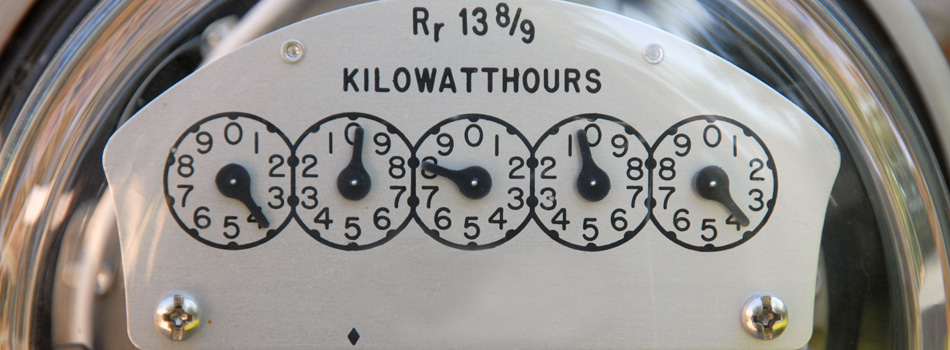PR has its limits. You can only create so much belief in the face of a persistent, contradictory reality.
 As the shale frenzy has bubbled along, stories about a United States and/or North American resurgence in oil production have been pushed in major media outlets from the Wall Street Journal to the New York Times and all manner of blogs in between. At the same time, domestic prices at the pump remain stubbornly aloft.
As the shale frenzy has bubbled along, stories about a United States and/or North American resurgence in oil production have been pushed in major media outlets from the Wall Street Journal to the New York Times and all manner of blogs in between. At the same time, domestic prices at the pump remain stubbornly aloft.
Since economic “law” dictates that ample supply should result in lower prices rather than the upward trend we’re experiencing, there must be other factors at play, right? Anxiety over threats of war with Iran, commodity speculators, Big Government rules that hamstring drilling and the insatiable greed of Big Oil are all trotted out as the proximate cause of this seeming paradox. But for these transient, man-made issues, the storyline goes, we’d be swiftly on our way to Newt Gingrinch’s $2.50-or-less-a-gallon Promised Land. We are, after all, sitting on trillions of barrels of technically recoverable oil and 100 years of natural gas, right?
Those seeking the true contours of the energy landscape we’re traversing would do well to remember that good answers start with good questions. So, take a look around and ask yourself a few. If we are actually awash in oil:
- Why are the world’s automakers hybridizing and electrifying their offerings?
- Why are major fleet operators looking to add electric, hybrid and compressed natural gas vehicles in increasing numbers?
- Why is the US military conducting major tests of alternative liquid fuels to power its ships, land vehicles, and planes?
- Why are major airlines conducting flight tests of planes with biofuels?
- Why has a major US airline moved to buy and operate a refinery?
The actions by the organizations cited above are not inconsequential. They represent major commitments of money and effort, and, in the case of the auto companies, a major directional shift for their businesses. If energy independence and a gushing supply of oil were just a few more horizontally drilled and fracked wells away, would these entities really be pursuing strategies that hedged their futures increasingly away from reliance on petroleum?
So, who are you going to believe; the hyped assurances of investment banks and oil companies, or your own lying eyes?


